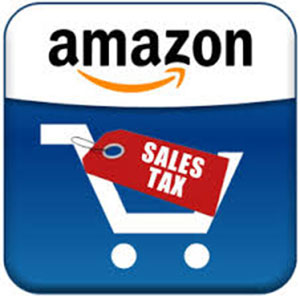This is no April Fool’s Day joke: As of April 1, 2017, Amazon will begin collecting sales tax from consumers on a nationwide basis. Thus, the giant online retailer has effectively conceded defeat in its prolonged fight to avoid the fate of its bricks-and-mortar competitors.
The final nail in the coffin was a long time coming. Initially, Amazon contested governmental regulations requiring it to collect states sales taxes, arguing that it should not be have to meet this responsibility in states where it didn’t have a physical location. However, over the course of several years, the online retailer appears to have become resigned to the inevitability.
On March 1, just prior to its latest announcement, Amazon added ten other states to the list of states where it already collects sales taxes. Effective April 1, Amazon will begin collecting sales tax in the last four states – Hawaii, Idaho, Maine and New Mexico – that were missing from the list. This brings the total to all 45 states in the union where sales taxes are imposed. (Alaska, Delaware, Montana, New Hampshire and Oregon don’t charge sales taxes to residents.)
Cracks first began showing in Amazon’s argument when it started opening fulfillment and delivery centers around the country to speed up shipping times and solidify its network. By establishing a “physical presence” in states where none existed before, Amazon was compelled to begin collecting sales tax in those jurisdictions. In other cases, the online retailer eventually agreed to terms with state taxing authorities to collect sales tax for items purchased online by their residents.
This turn of events could improve the chance that federal legislation adopting uniform state sales tax collections rules will be adopted. Congress has taken several stabs at establishing such standards in recent years — most notably, with the Marketplace Fairness Act of 2013 and subsequent updated versions – with little success. The concession by Amazon could serve as an impetus for renewed efforts.
Despite taking on the additional tax collection responsibility, Amazon doesn’t seem to be any the worse for wear, and continues to be a major player in its marketplace. Don’t expect Mom and Pop stores to gain any competitive edge over this giant online retailer as a result of the new nationwide tax obligations.
Thanks for reading CPA Practice Advisor!
Subscribe Already registered? Log In
Need more information? Read the FAQs





